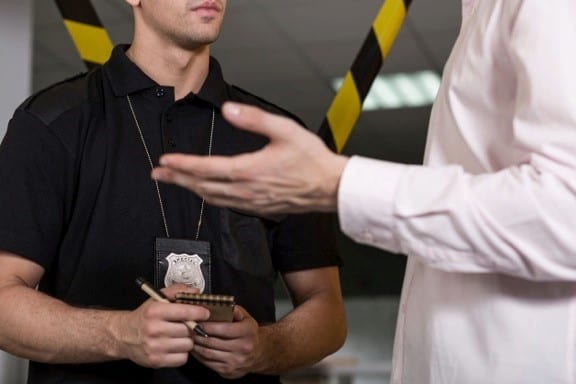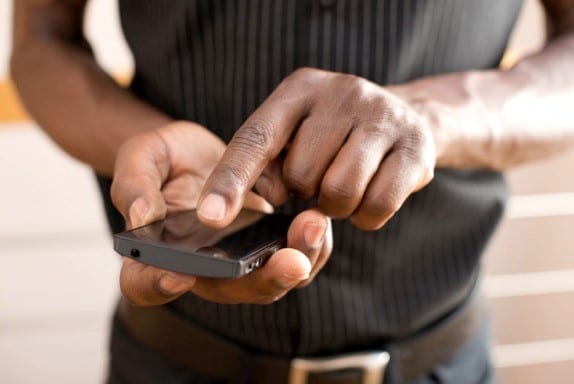- Home
- THE FIRM+
- Criminal Defense+
- CASE RESULTS
- AREAS WE SERVE+
- FAQ’s
- Blog
- Contact
AZHARI LLC BLOG

Posted By: Sami Azhari
Category:
The end of 2016 didn’t look great for Chicago. Our city had seen the highest number of murders in decades, and questions about how to handle gun violence here sparked debate among current law enforcement officials and the recently ousted police chief.
Now that we are almost halfway into 2017, things are starting to look up. At the beginning of April, the Chicago Police provided crime statistics for the previous month. The city saw a 35% reduction in shootings and a 12% reduction in murders. For the year, the city saw a 15% reduction in shootings and a 4% reduction in murders.
March was the second month in which murders declined. The murder rate has been consistently increasing for the past few years, so these statistics look hopeful for the city. Law enforcement officers, however, are quick to say that they know there is a long way to go.
Violent crimes tend to spike in Chicago in the summertime, and police want to do everything they can to stop that from happening. In order to help the police crack down on crime, the city has adopted a new way for citizens to help give the police tips.
New Technology May Increase Amount of Tips Given To Chicago Officers
TipSubmit was developed by Motorola Solutions in order to make it easy for citizens to quickly send information, photos, and videos to police officers. Chicago, and the Cook County Crimestoppers, is the first city to adopt a technology that is based off of TipSubmit.
Anyone that has a device that connects to the Internet can use it. You do not need to download an app, either. Just head to the website and quickly (and anonymously) send video, images, and specific information to the Chicago Police Department. The tipster can continue to communicate with the CPD while staying anonymous.
The technology comes with an incentive for Chicagoans who want to help police crack down on crime: if someone sends a tip that leads to a felony arrest, they may be able to receive up to $1,000.
Previously, citizens could just send text messages to police with tips, although the cash incentive was still offered. In the past 30 years, Cook County Crimestoppers have seized over $25 million in property and illegal narcotics.
What Happens after a Tip is Sent to Police?
Once this information is submitted, it is sent to crime analysts throughout the city. Analysts then forward the information to CPD officers. The officers may then act on the tip. Sometimes, these tips give the police the probable cause they need to make an arrest.
There is a fine line, however, between a reliable tip and one that requires more information. In the past, questions over these tips have reached the Supreme Court. Supreme Court cases have clarified a few situations, but haven’t made the line any thicker.
For example, vague descriptions of suspects who are not doing anything suspicious do not give police officers the right to search someone’s person or make an arrest. In another case, the Supreme Court ruled that an anonymous tip is enough to pull over a driver for being intoxicated behind the wheel.
While a quick text doesn’t always guarantee the reliability of a tip, being able to send images and videos will definitely help the police argue that their tips were legitimate and reliable.
Your Rights If You Are Approached By Police Officers
With new technology that makes it easier for citizens to report crimes, it is safe to assume that Chicago may see an increase in arrests from these types of tips. However, these arrests will not always rely on probable cause, and may be unlawfully carried out.
If you have been arrested due to an anonymous tip, you may be able to fight the legitimacy of your arrest. When you are approached, you have the right to ask why you are being arrested, and tell officers that you do not consent to a search. Due to the fine line present when arrests are based on tips, do not resist – even if you believe it is unlawful. Resisting arrest may land you with additional criminal charges, even if you are found innocent of the original crime in which you were accused.
In any situation, you have the right to speak with a lawyer. Reach out to a Chicago criminal defense lawyer for the representation and counsel you need to get your charges dropped.
About the Author
Sami Azhari has been working as a lawyer since 2007, after receiving his Juris Doctor from the Michigan State University College of Law. He has handled numerous state and federal cases, and is known throughout the Chicago and Rolling Meadows area for providing his clients with high-quality, skilled representation. He has been recognized by SuperLawyers, the National Trial Lawyers Association, and other notable organizations, and has spoken at a number of legal conferences.



























































